×
![]()
neos-820879: Instance-to-Instance Comparison Results
| Type: | Instance |
| Submitter: | NEOS Server Submission |
| Description: | Imported from the MIPLIB2010 submissions. |
| MIPLIB Entry |
Parent Instance (neos-820879)
All other instances below were be compared against this "query" instance.  |
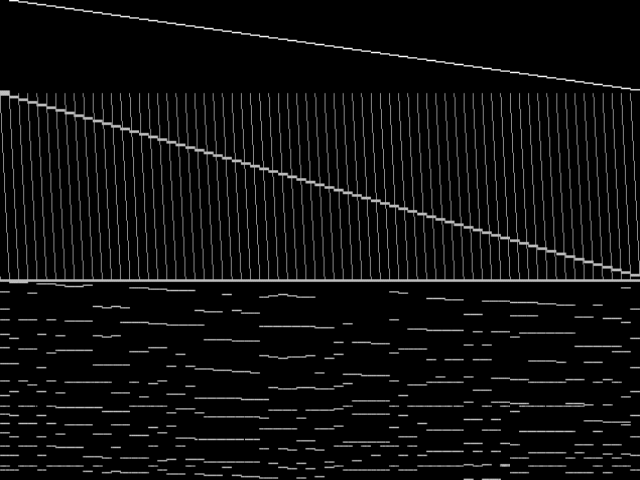 |
 |
 |
 |
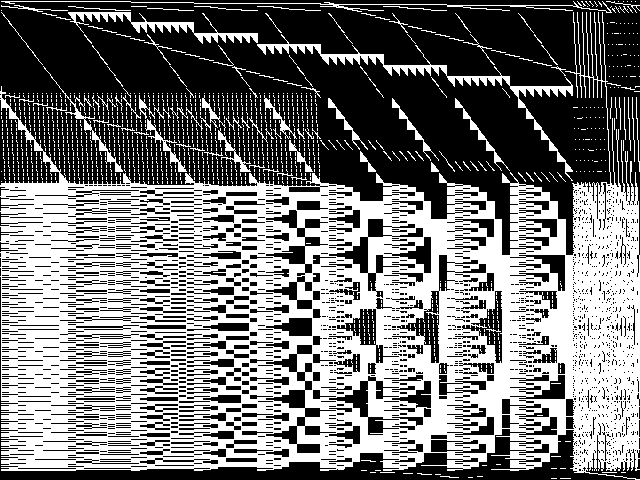 |
|
Raw
This is the CCM image before the decomposition procedure has been applied.
|
Decomposed
This is the CCM image after a decomposition procedure has been applied. This is the image used by the MIC's image-based comparisons for this query instance.
|
Composite of MIC Top 5
Composite of the five decomposed CCM images from the MIC Top 5.
|
Composite of MIPLIB Top 5
Composite of the five decomposed CCM images from the MIPLIB Top 5.
|
Model Group Composite Image
Composite of the decomposed CCM images for every instance in the same model group as this query.
|
MIC Top 5 Instances
These are the 5 decomposed CCM images that are most similar to decomposed CCM image for the the query instance, according to the ISS metric.  |
Decomposed
These decomposed images were created by GCG.
|
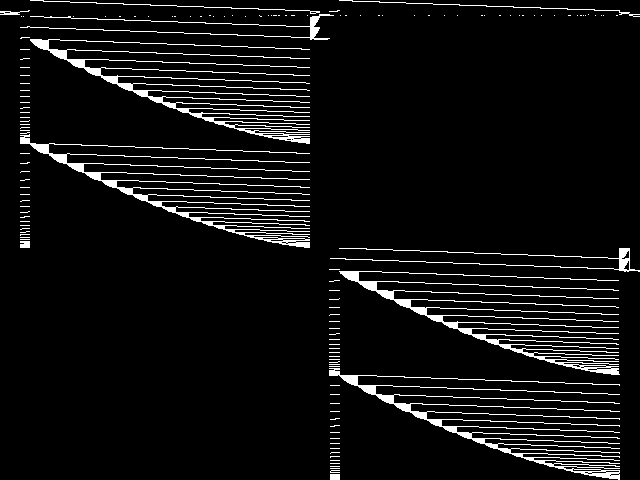 |
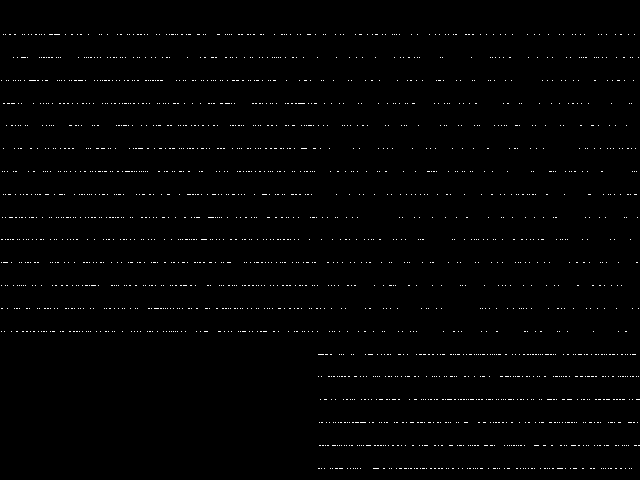 |
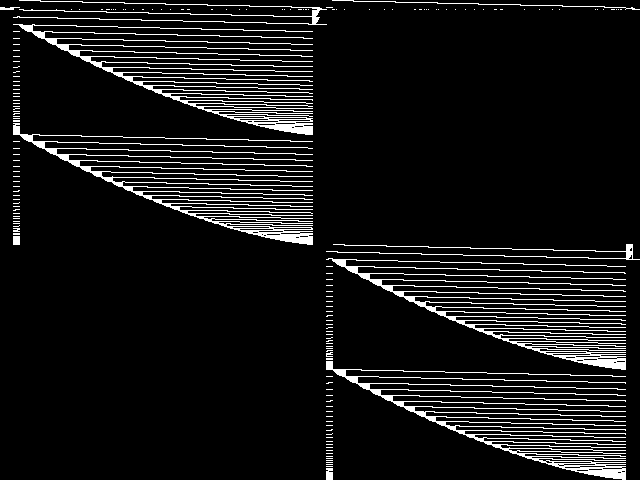 |
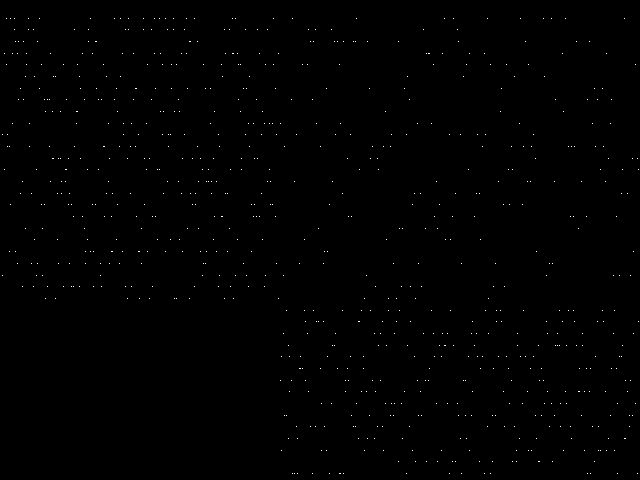 |
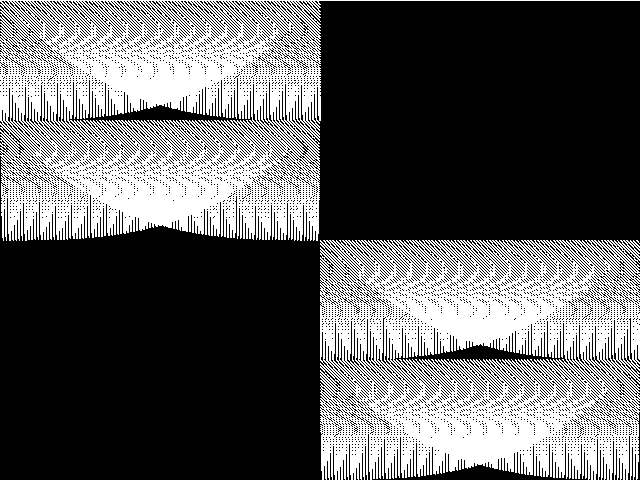 |
| Name | graphdraw-mainerd [MIPLIB] | f2gap201600 [MIPLIB] | graphdraw-opmanager [MIPLIB] | f2gap40400 [MIPLIB] | wnq-n100-mw99-14 [MIPLIB] | |
|
Rank / ISS
The image-based structural similarity (ISS) metric measures the Euclidean distance between the image-based feature vectors for the query instance and all other instances. A smaller ISS value indicates greater similarity.
|
1 / 1.262 | 2 / 1.269 | 3 / 1.345 | 4 / 1.379 | 5 / 1.402 | |
|
Raw
These images represent the CCM images in their raw forms (before any decomposition was applied) for the MIC top 5.
|
 |
 |
 |
 |
 |
MIPLIB Top 5 Instances
These are the 5 instances that are most closely related to the query instance, according to the instance statistic-based similarity measure employed by MIPLIB 2017  |
Decomposed
These decomposed images were created by GCG.
|
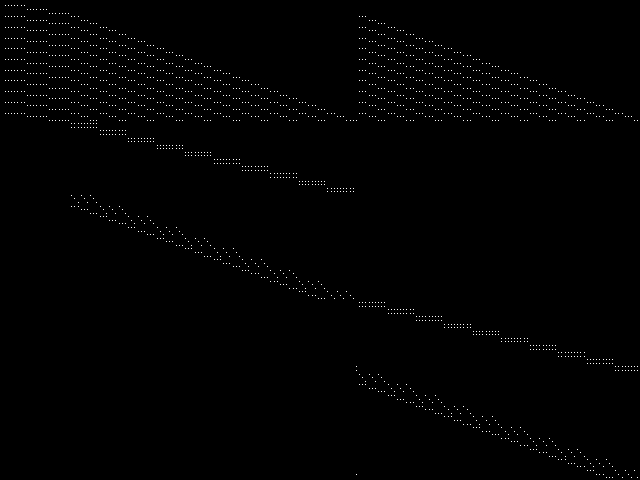 |
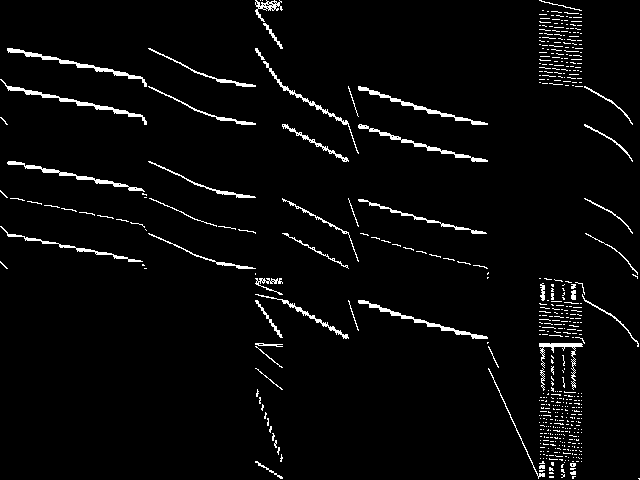 |
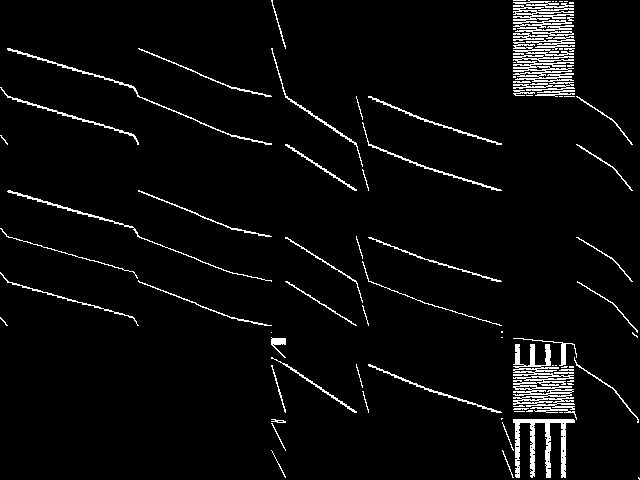 |
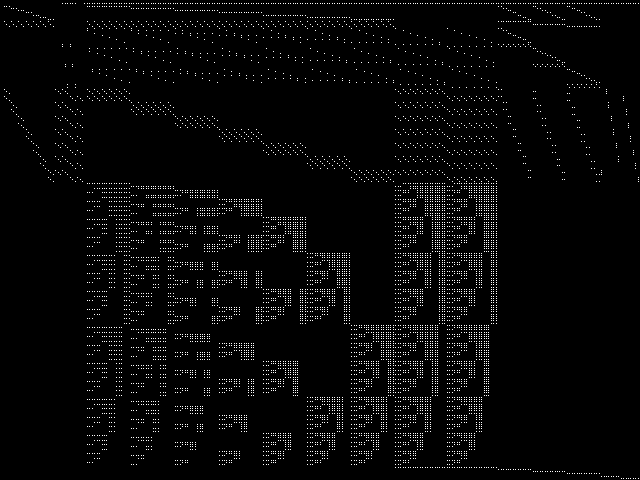 |
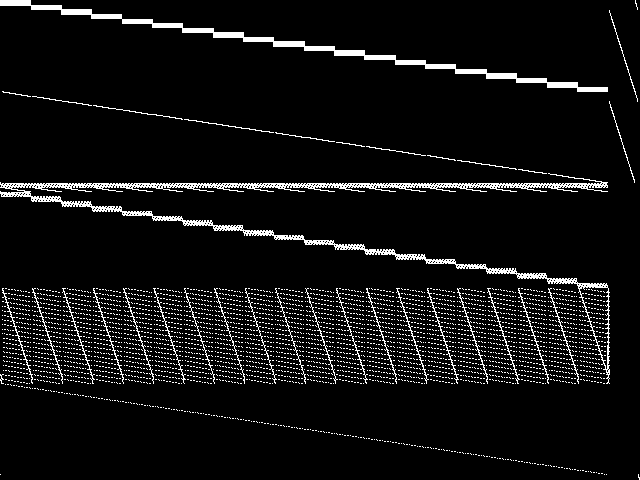 |
| Name | p0201 [MIPLIB] | nursesched-sprint02 [MIPLIB] | nursesched-medium04 [MIPLIB] | misc07 [MIPLIB] | ns1456591 [MIPLIB] | |
|
Rank / ISS
The image-based structural similarity (ISS) metric measures the Euclidean distance between the image-based feature vectors for the query instance and all model groups. A smaller ISS value indicates greater similarity.
|
51 / 1.687 | 74 / 1.714 | 81 / 1.733 | 171 / 1.842 | 245 / 1.900 | |
|
Raw
These images represent the CCM images in their raw forms (before any decomposition was applied) for the MIPLIB top 5.
|
 |
 |
 |
 |
 |
Instance Summary
The table below contains summary information for neos-820879, the five most similar instances to neos-820879 according to the MIC, and the five most similar instances to neos-820879 according to MIPLIB 2017.
| INSTANCE | SUBMITTER | DESCRIPTION | ISS | RANK | |
|---|---|---|---|---|---|
| Parent Instance | neos-820879 [MIPLIB] | NEOS Server Submission | Imported from the MIPLIB2010 submissions. | 0.000000 | - |
| MIC Top 5 | graphdraw-mainerd [MIPLIB] | Cézar Augusto Nascimento e Silva | In the Graph Drawing problem a set of symbols must be placed in a plane and their connections routed. The objective is to produce aesthetically pleasant, easy to read diagrams. As a primary concern one usually tries to minimize edges crossing, edges' length, waste of space and number of bents in the connections. When formulated with these constraints the problem becomes NP-Hard . In practice many additional complicating requirements can be included, such as non-uniform sizes for symbols. Thus, some heuristics such as the generalized force-direct method and Simulated Annealing have been proposed to tackle this problem. uses a grid structure to approach the Entity-Relationship (ER) drawing problem, emphasizing the differences between ER drawing and the more classical circuit drawing problems. presented different ways of producing graph layouts (e.g.: tree, orthogonal, visibility representations, hierarchic, among others) for general graphs with applications on different subjects. The ability to automatically produce high quality layouts is very important in many applications, one of these is Software Engineering: the availability of easy to understand ER diagrams, for instance, can improve the time needed for developers to master database models and increase their productivity. Our solution approach involves two phases: (\\(i\\)) firstly the optimal placement of entities is solved, i.e.: entities are positioned so as to minimize the distances between connected entities; and (\\(ii\\)) secondly, edges are routed minimizing bends and avoiding the inclusion of connectors too close. We present the model for the first phase of our problem. | 1.261913 | 1 |
| f2gap201600 [MIPLIB] | Salim Haddadi | Restrictions of well-known hard generalized assignment problem instances (D10400,D20400,D40400,D15900,D30900,D60900,D201600,D401600,D801600) | 1.268538 | 2 | |
| graphdraw-opmanager [MIPLIB] | Cézar Augusto Nascimento e Silva | In the Graph Drawing problem a set of symbols must be placed in a plane and their connections routed. The objective is to produce aesthetically pleasant, easy to read diagrams. As a primary concern one usually tries to minimize edges crossing, edges' length, waste of space and number of bents in the connections. When formulated with these constraints the problem becomes NP-Hard . In practice many additional complicating requirements can be included, such as non-uniform sizes for symbols. Thus, some heuristics such as the generalized force-direct method and Simulated Annealing have been proposed to tackle this problem. uses a grid structure to approach the Entity-Relationship (ER) drawing problem, emphasizing the differences between ER drawing and the more classical circuit drawing problems. presented different ways of producing graph layouts (e.g.: tree, orthogonal, visibility representations, hierarchic, among others) for general graphs with applications on different subjects. The ability to automatically produce high quality layouts is very important in many applications, one of these is Software Engineering: the availability of easy to understand ER diagrams, for instance, can improve the time needed for developers to master database models and increase their productivity. Our solution approach involves two phases: (\\(i\\)) firstly the optimal placement of entities is solved, i.e.: entities are positioned so as to minimize the distances between connected entities; and (\\(ii\\)) secondly, edges are routed minimizing bends and avoiding the inclusion of connectors too close. We present the model for the first phase of our problem. | 1.344947 | 3 | |
| f2gap40400 [MIPLIB] | Salim Haddadi | Restrictions of well-known hard generalized assignment problem instances (D10400,D20400,D40400,D15900,D30900,D60900,D201600,D401600,D801600) | 1.378951 | 4 | |
| wnq-n100-mw99-14 [MIPLIB] | M. Winkler | Weighted n-queens problem with an additional separation constraint. Solved by Gurobi 4.6.1 (12 threads) in 28124 seconds (January 2012). | 1.401886 | 5 | |
| MIPLIB Top 5 | p0201 [MIPLIB] | MIPLIB submission pool | Imported from the MIPLIB2010 submissions. | 1.686555 | 51 |
| nursesched-sprint02 [MIPLIB] | Haroldo Gambini Santos | Nurse Scheduling Problems from the First International Nurse Rostering Competition - INRC 2010 | 1.714238 | 74 | |
| nursesched-medium04 [MIPLIB] | Haroldo Gambini Santos | Nurse Scheduling Problems from the First International Nurse Rostering Competition - INRC 2010 | 1.732621 | 81 | |
| misc07 [MIPLIB] | MIPLIB submission pool | Imported from the MIPLIB2010 submissions. | 1.842413 | 171 | |
| ns1456591 [MIPLIB] | NEOS Server Submission | Instance coming from the NEOS Server with unknown application | 1.899847 | 245 |
neos-820879: Instance-to-Model Comparison Results
| Model Group Assignment from MIPLIB: | neos-pseudoapplication-23 |
| Assigned Model Group Rank/ISS in the MIC: | 216 / 3.268 |
MIC Top 5 Model Groups
These are the 5 model group composite (MGC) images that are most similar to the decomposed CCM image for the query instance, according to the ISS metric.  |
These are model group composite (MGC) images for the MIC top 5 model groups.
|
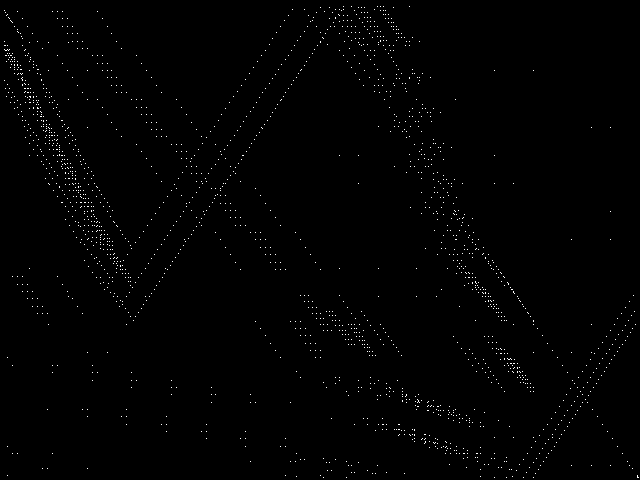 |
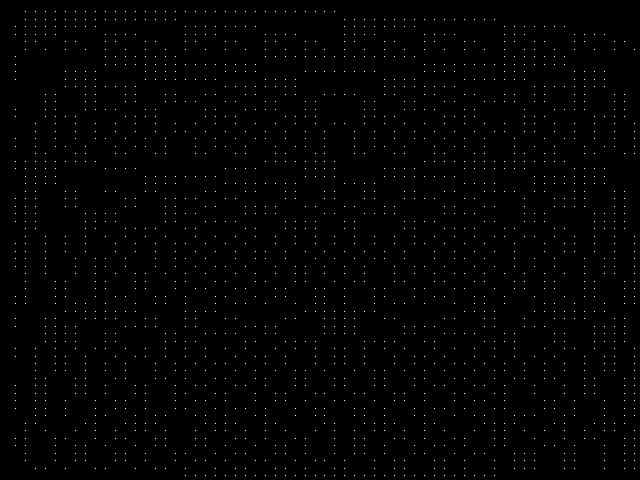 |
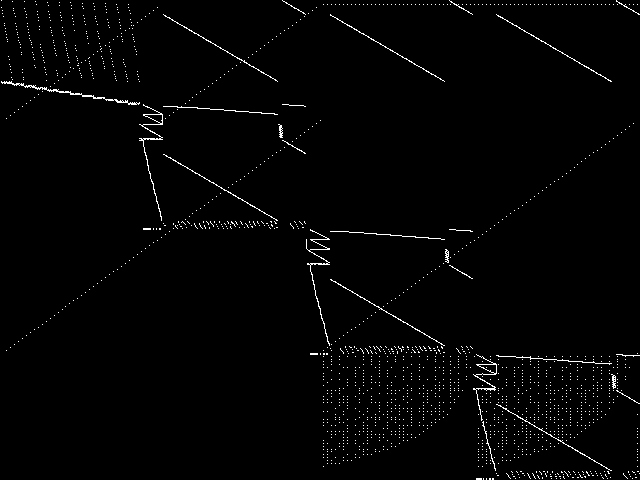 |
 |
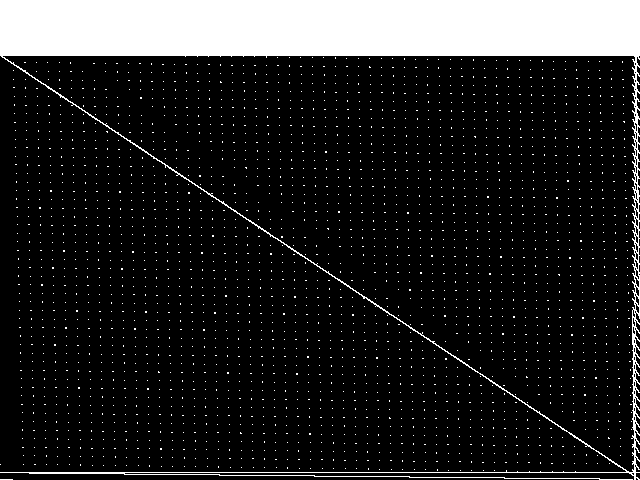 |
| Name | enlight | neos-pseudoapplication-21 | neos-pseudoapplication-96 | scp | neos-pseudoapplication-101 | |
|
Rank / ISS
The image-based structural similarity (ISS) metric measures the Euclidean distance between the image-based feature vectors for the query instance and all other instances. A smaller ISS value indicates greater similarity.
|
1 / 1.811 | 2 / 1.825 | 3 / 1.863 | 4 / 1.896 | 5 / 1.910 |
Model Group Summary
The table below contains summary information for the five most similar model groups to neos-820879 according to the MIC.
| MODEL GROUP | SUBMITTER | DESCRIPTION | ISS | RANK | |
|---|---|---|---|---|---|
| MIC Top 5 | enlight | A. Zymolka | Model to solve model of a combinatorial game ``EnLight'' Imported from the MIPLIB2010 submissions. | 1.810916 | 1 |
| neos-pseudoapplication-21 | NEOS Server Submission | Imported from the MIPLIB2010 submissions. | 1.825176 | 2 | |
| neos-pseudoapplication-96 | NEOS Server Submission | Imported from the MIPLIB2010 submissions. | 1.862916 | 3 | |
| scp | Shunji Umetani | This is a random test model generator for SCP using the scheme of the following paper, namely the column cost c[j] are integer randomly generated from [1,100]; every column covers at least one row; and every row is covered by at least two columns. see reference: E. Balas and A. Ho, Set covering algorithms using cutting planes, heuristics, and subgradient optimization: A computational study, Mathematical Programming, 12 (1980), 37-60. We have newly generated Classes I-N with the following parameter values, where each class has five models. We have also generated reduced models by a standard pricing method in the following paper: S. Umetani and M. Yagiura, Relaxation heuristics for the set covering problem, Journal of the Operations Research Society of Japan, 50 (2007), 350-375. You can obtain the model generator program from the following web site. https://sites.google.com/site/shunjiumetani/benchmark | 1.896125 | 4 | |
| neos-pseudoapplication-101 | NEOS Server Submission | Model coming from the NEOS Server with unknown application. Infeasibility claimed by CPLEX 12.6 and CPLEX 12.6.1 with extreme numerical caution emphasi after 4 and 2 hours computation, respectively. | 1.909776 | 5 |

